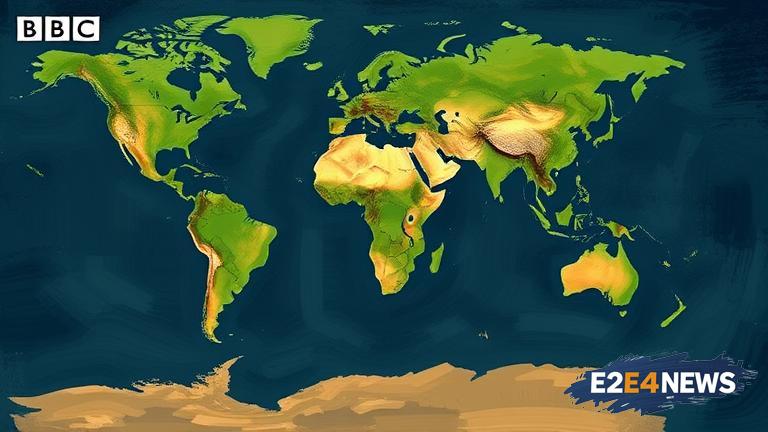A recent report by the BBC highlights the far-reaching consequences of climate change on global food systems. The increasing frequency and severity of heatwaves, droughts, and floods are altering the delicate balance of ecosystems, leading to crop failures, reduced yields, and changed growing seasons. This, in turn, affects the livelihoods of farmers, the availability of food, and the stability of local economies. The report cites examples from around the world, including the devastating impact of droughts on wheat crops in Australia, the decline of coffee production in Brazil due to rising temperatures, and the increased risk of famine in Africa as a result of changing weather patterns. Furthermore, the report notes that climate change is also altering the distribution and prevalence of pests and diseases, which can have a significant impact on crop yields and food security. The consequences of climate change on food systems are not limited to production; they also affect the processing, transportation, and consumption of food. For instance, changing weather patterns can disrupt supply chains, leading to food shortages and price increases. Additionally, the report highlights the disproportionate impact of climate change on vulnerable populations, such as small-scale farmers, indigenous communities, and low-income households. These groups often have limited resources and are more susceptible to the effects of climate change, making them more vulnerable to food insecurity and poverty. The report emphasizes the need for urgent action to address the impacts of climate change on food systems, including the development of climate-resilient agricultural practices, the implementation of early warning systems for extreme weather events, and the provision of support to vulnerable populations. Moreover, the report stresses the importance of international cooperation and knowledge sharing to address the global nature of the problem. The BBC report also notes that there are opportunities for innovation and adaptation in the face of climate change, such as the development of new crop varieties, the use of precision agriculture, and the promotion of sustainable food systems. However, these efforts require significant investment, research, and policy support. In conclusion, the report highlights the critical need for a comprehensive and coordinated approach to address the impacts of climate change on global food systems, ensuring that everyone has access to nutritious and sustainable food. The report’s findings are a call to action for governments, international organizations, and civil society to work together to mitigate the effects of climate change and ensure a food-secure future for all. The consequences of inaction will be severe, with the potential for widespread food shortages, social unrest, and economic instability. Therefore, it is essential that we take immediate and collective action to address the challenges posed by climate change to global food systems.
